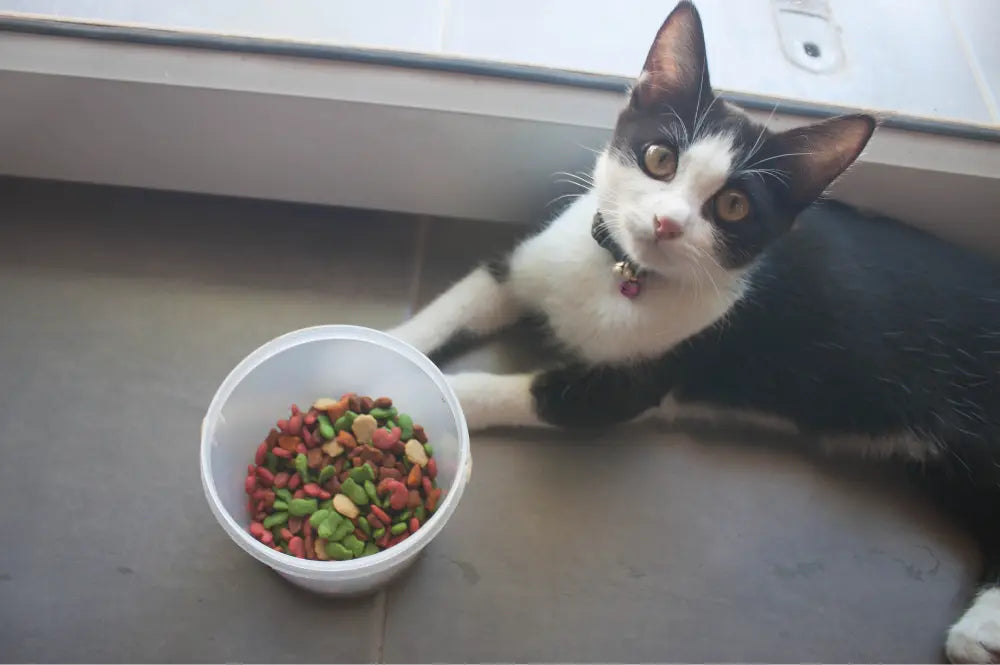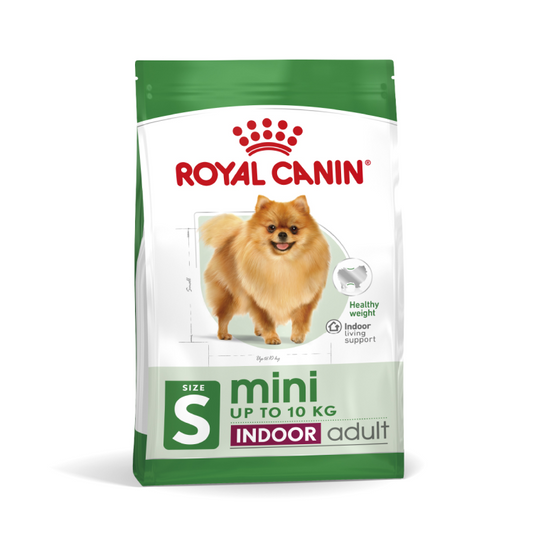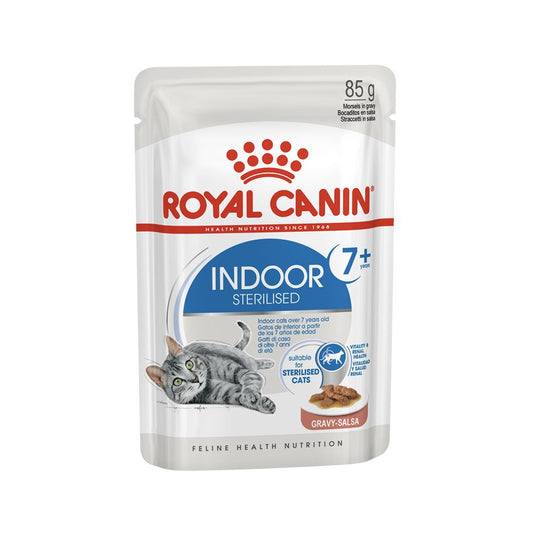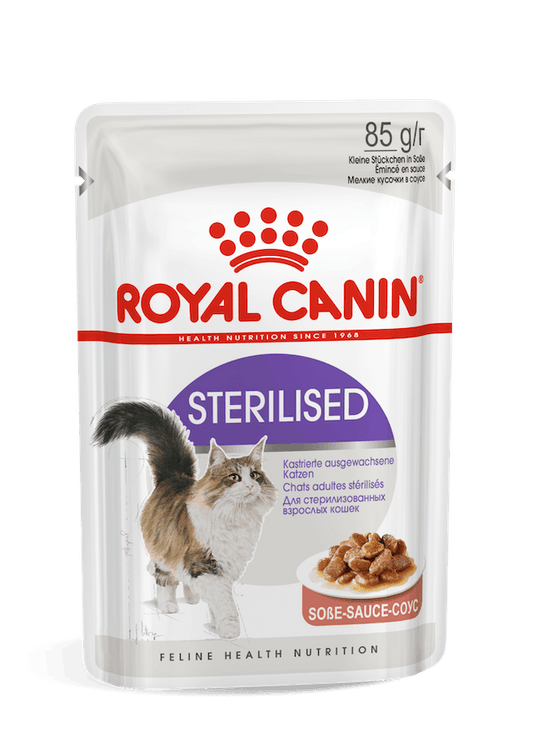The affectionate charm in your cat's hopeful gaze may tempt you to share your meals, but certain foods spell disaster for their health. Chocolate, milk, garlic, etc, for instance, may appear harmless but can lead to severe consequences, including poisoning, deficiencies and, in extreme cases, death.
Even though your cat’s curiosity for exploration makes them so precious to you, you need to keep an eye out to avoid losing them forever. Let’s make sure your cat lives safely through its nine lives for years if not forever then.
In this blog, we will discuss 7 foods poisonous to cats. Additionally, we will debunk myths about foods considered bad for cats but are safe for them. Ready to secure a long and healthy life for your beloved cat?
Let’s dive right in!
|
Table of Contents |
|
7 Foods Poisonous to Cats:
1. Chocolate
Although chocolate seems like a pretty harmless snack for your cat, it is fatal to them and can cause seizures in extreme cases.

Why: Chocolates and other caffeinated drinks contain theobromine, which is a kind of methylxanthine. This stimulant is processed slowly by cats, therefore causing a toxic build-up in them. Dark chocolate contains more theobromine than milk chocolate, making it more dangerous to cats.
Effects: The theobromine stimulant attacks the central nervous system of your cat, and can cause gastrointestinal issues. Additionally, it causes palpitations and dehydration.
Symptoms:
Restlessness.
Hyperactivity.
Rapid breathing.
Tremors.
Vomiting.
Diarrhea.
2. Milk
You might think cats drink milk from waiting Tom & Jerry, but the truth is most cats are lactose intolerant.
Why: Most cats are introduced to milk as kittens through the milk provided by their moms. Since are nursed by their mothers only for a few weeks after birth, their digestive systems are not trained to digest milk. Owing to this, most cats can’t handle the reintroduction of milk in their diets later in life.

Effects: Milk can cause gastrointestinal distress in cats, leading to bloating and diarrhoea. Kittens can often drink milk, however, as they age they lose the ability to digest milk. Lactose intolerance for dairy products is thus more common in adult and senior cats.
Symptoms:
Upset stomach.
Bloating.
Diarrhea.
3. Onions
Onions and garlic, even the cooked version of these vegetables can cause oxidative damage to your cat’s red blood cells.
Why: Onions contain compounds such as N-propyl disulfide and thiosulphate, which can cause oxidative damage to your feline’s red blood cells. Eventually, this leads to a condition called Heinz's body anaemia and potential organ damage.
Effects: The toxic components in onions can cause oxidative damage to your cat's red blood cells, affecting their ability to transport oxygen. This can result in anaemia, weakness, and, in severe cases, organ failure.
Symptoms:
Lethargy.
Pale gums.
Decreased appetite.
Vomiting.
Diarrhea.
4. Mushrooms
While mushrooms may seem innocuous, they can lead to severe complications, including organ failure.
Why: Certain varieties of mushrooms contain toxins (Ibotenic acid and Muscimol) that are harmful to cats. Ingesting these toxins can result in poisoning, affecting the liver and kidneys. Cats lack the necessary enzymes to process these toxins, making them vulnerable to mushrooms.
Effects: The toxins in mushrooms target the liver and kidneys, causing damage to these vital organs. This can lead to organ failure if not promptly addressed. Unlike humans, cats do not metabolize certain mushroom toxins effectively, making the consequences more pronounced.
Symptoms:
Lethargy or weakness.
Loss of appetite.
Jaundice.
Seizures.
Excessive drooling.
Uncoordinated movements.
5. Raw Meat
Although it might seem just to feed your cat raw meat, it can contain bacteria that are potentially deadly for your furry ball of love.

Why: Uncooked meat may contain Salmonella or E. coli, which can be fatal to your cat's health. Additionally, uncooked meat can lack essential nutrients that are destroyed during the cooking process.
Effects: Consumption of raw meat can result in bacterial infections, nutritional imbalances, and potential exposure to parasites like Toxoplasma, or Trichinella.
Symptoms:
Dehydration.
Vomiting.
Diarrhea.
Fever.
Behavariol changes.
6. Alcohol
This shouldn’t come as a surprise to you as a responsible cat owner, but alcohol is equally harmful to cats as it is to humans.

Why: Cats lack the necessary enzymes to metabolize alcohol, causing it to be absorbed rapidly into their bloodstream, leading to toxicity.
Effects: The toxicity of alcohol in cats affects their central nervous system and can result in a range of harmful consequences. It can lead to depression of the central nervous system, respiratory failure, and potentially fatal outcomes.
Symptoms:
Disorientation.
Depression.
Difficulty breathing.
Vomiting.
Diarrhea.
7. Grapes and Raisins
Grapes and raisins might seem like a subtle snack for your feline, but they may cause kidney damage and in extreme cases coma.

Why: The exact compound in grapes and raisins that is toxic to cats is currently unknown, but even small amounts can cause significant harm. Dried grapes, such as raisins contain more of this toxic substance than regular grapes.
Effects: Ingesting grapes or raisins can result in acute kidney failure in cats. The mechanism behind this toxicity is not well understood, and some cats may be more susceptible than others. Regardless, it's crucial to avoid giving any amount of grapes or raisins to your delicate feline friend.
Symptoms:
Vomiting.
Diarrhea.
Lethargy.
Loss of appetite.
Abdominal pain.
Although most human foods are harmful to cats, some are only rumoured to be toxic.
Human Foods Cats Can Eat
While many human foods are toxic to cats, here are some human foods that cats can generally tolerate:
Cooked Meat
Cats being carnivorous beings, enjoy and thrive on a diet of lean, cooked meats like chicken, turkey, or beef. Make sure to remove any bones, skin, and seasonings.
Fish
Small amounts of cooked fish, such as salmon or tuna, can give cats the daily protein requirement. However, too much fish may lead to nutritional imbalances.
Eggs
Similarly, scrambled or hardboiled eggs provide a good source of protein for cats. Ensure that they are fully cooked and avoid using any seasonings.
Catnip
Catnip is a herb that is non-addictive and is known to reduce anxiety in cats. It can also reduce pain in them. You can occasionally treat your cat to some of this herb as a treat or enrichment.
If you have some leftover questions, consider checking out the following answers to some frequently asked questions.
FAQ: 7 Foods Poisonous to Cats
What to do if my cat is vomiting?
If your cat is vomiting persistently or shows other signs of illness, consult a veterinarian promptly. Short-term vomiting may be caused by hairballs, but prolonged or severe vomiting requires professional attention.
Can cats taste everything?
Cats have taste receptors for sweet, sour, bitter, and umami but lack taste receptors for sweetness. While they can taste various flavours, their preferences differ from humans.
How to make my cat throw up toxic food?
Never attempt to make a cat vomit at home without veterinary guidance. Some toxins can cause more harm when brought back up. Seek immediate professional help if your cat ingests something toxic.
Can cats be vegan?
Cats are strict carnivores, and a vegan diet lacks essential nutrients for them. Feeding cats a vegan diet can lead to severe health issues, and it is not recommended.
Conclusion:
Understanding the potential dangers that certain foods pose to our feline companions is crucial for ensuring their long and healthy lives. The list of foods poisonous to cats, including chocolate, milk, onions, etc. serves as a valuable guide for responsible pet ownership.
While indulging our cats with safe treats like cooked meat, fish, eggs, and catnip, it's essential to remain vigilant and avoid harmful substances. Remember, educating ourselves on feline nutrition is a key aspect of cherishing our furry friends.
For more pet-related advice and pet care products, consider exploring Maryam's Pet—a trusted companion in ensuring your cat's well-being.






